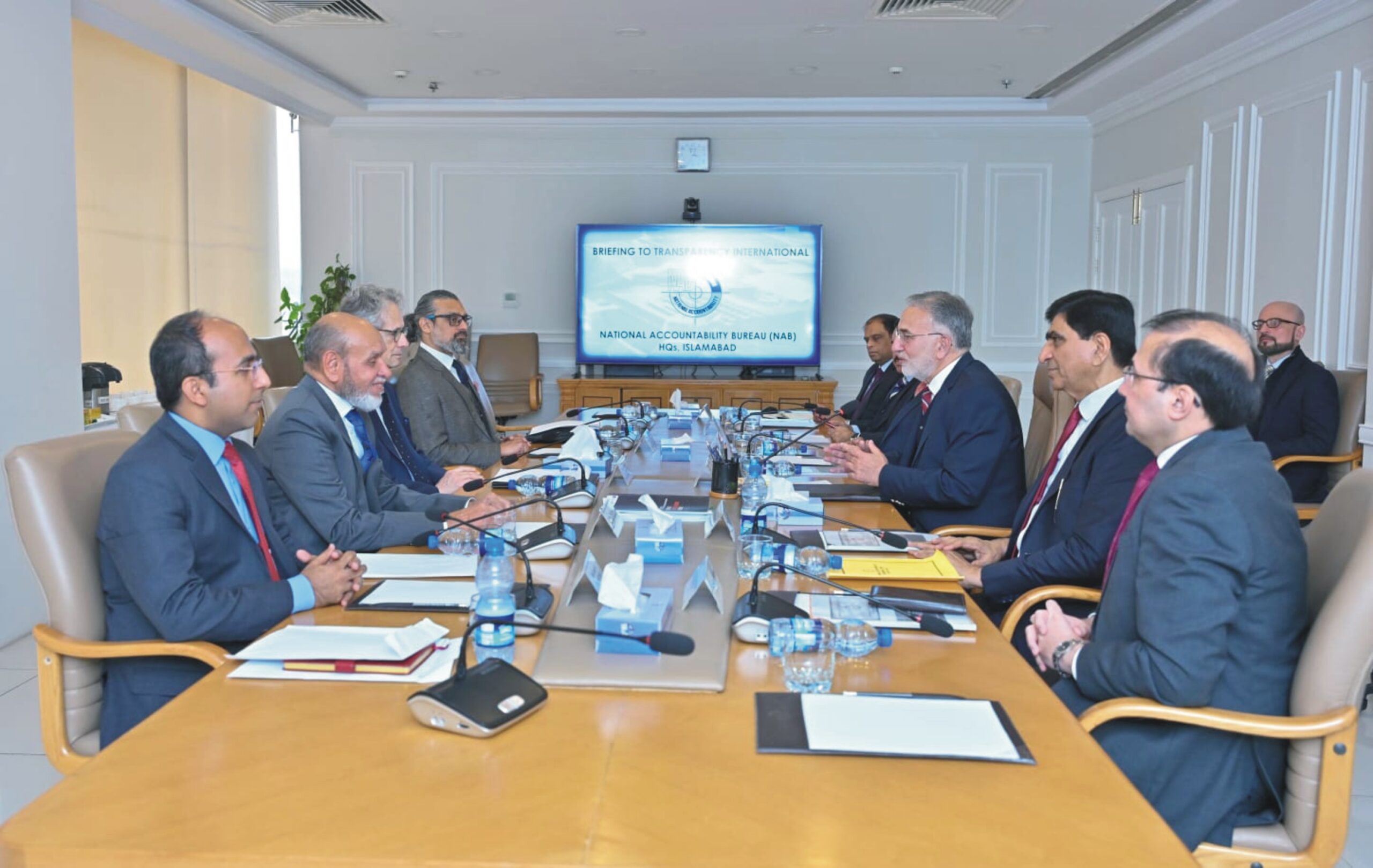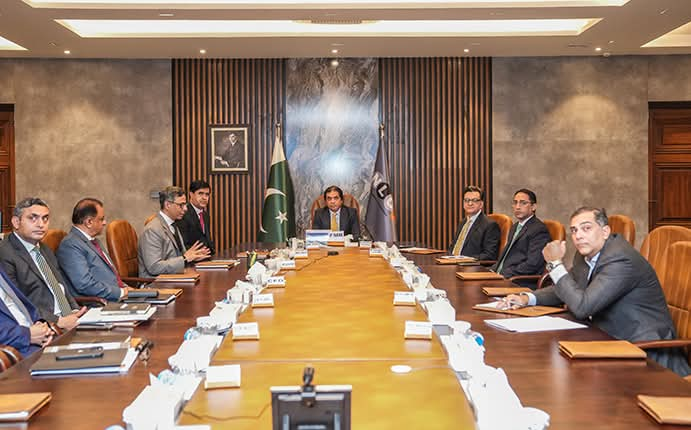
Spokesman Report
ISLAMABAD: The Competition Commission of Pakistan (CCP) has in its Order dated 13 December 2022, found Peshawar Electric Supply Company (PESCO) acting in violation of Section 3 of the Act, i.e., abusing its dominant position.
PESCO was dominant in the market for “Right of Way (ROW) through electric poles availed by different types of cable service providers in the geographic boundary of Peshawar,” as it solely owned/managed the poles and there were no other substitutes. For the same ROW being provided to all cable operators, the Complainants (i.e., Nayatel Pvt. Ltd and Cyber Internet Services (Pvt.) Ltd.) were charged an enhanced fee from PKR 10 per pole to PKR 100 per pole as compared to basic TV cable operators without any legitimate objective justifications. The terms have been held as discriminatory in contravention of Section 3(3)(b) of the Act. PESCO had abused its superior bargaining position and imposed further unfair trading conditions in contravention of Section 3(3)(a) of the Act on the Complainants, i.e., that they must provide 10-minute advertisements and free internet connection facilities to all PESCO offices.
PESCO had annulled its pole renting policy after initiation of the show-cause proceedings, mainly on the pretext of safety grounds. However, as the same inter alia related to an essential public utility/ROW and there were no other substitutable means available for the Complainants to provide cable, internet, and telephony services to end consumers, thus, negatively impacting consumers and other stakeholders alike, PESCO was found to have abused its dominant position in contravention of Section 3 of the Act.
PESCO/Respondent’s conduct was also discriminatory as admittedly decommissioning notices related to removal of cables were only sent to the Complainants. In this connection, the Bench found support from the applicable telecommunication regulatory regime, particularly, in terms of Section 27A of the Pakistan Telecommunication (Re-organization) Act, 1996 and the 2020 Public and Private Right of Way Policy Directive, which provides that the licensees can use the poles of government and privately owned electricity distribution and supply companies (DISCOs) for aerial installation of optical fibre cables. Moreover, it broadly states that the fee imposed by a public authority for a public right of way shall be on a no profit no loss basis, should not be a means of commercial benefit and there shall be no discrimination against any licensee in terms of the fee charged.
As for the safety grounds raised by PESCO, it could not satisfy the Bench in this regard. In the Order it is observed that, as per the Enquiry findings, the accidents/incidents had decreased from the year 2017-2018 till the year 2020-2021. No further evidence was provided to substantiate these assertions. Moreover, since other DISCOs are already providing ROW on similar rates to fibre optic cable operators and, as such, no denial on safety grounds has been reported or witnessed, the contentions were not acceded to.
Owing to the peculiarity of the case, to ensure compliance and to encourage corrective behaviour, the Commission has directed the Respondent to restore access to the ROW and/or provide the ROW to Nayatel and Cybernet, on fair, reasonable and non-discriminatory terms no later than twenty-one (21) days from the date of receipt of the Order. Failing which, the Respondent shall be liable to pay a fixed penalty of PKR 75 million and an additional penalty of PKR 0.5 million for every day after the first of such violations or the subject abuse had occurred.
The Commission emphasized that access to broadband technology has significant beneficial economic and social impacts and is in line with the objectives of the Government of Pakistan to promote digital inclusion. The Commission has also recommended that all private and government stakeholders, including the Respondent, create a uniform policy for the deployment of broadband technology and ROW that may address any/all space/safety issues, including considering any shared infrastructure possibilities to fulfill the overall public policy objectives.







